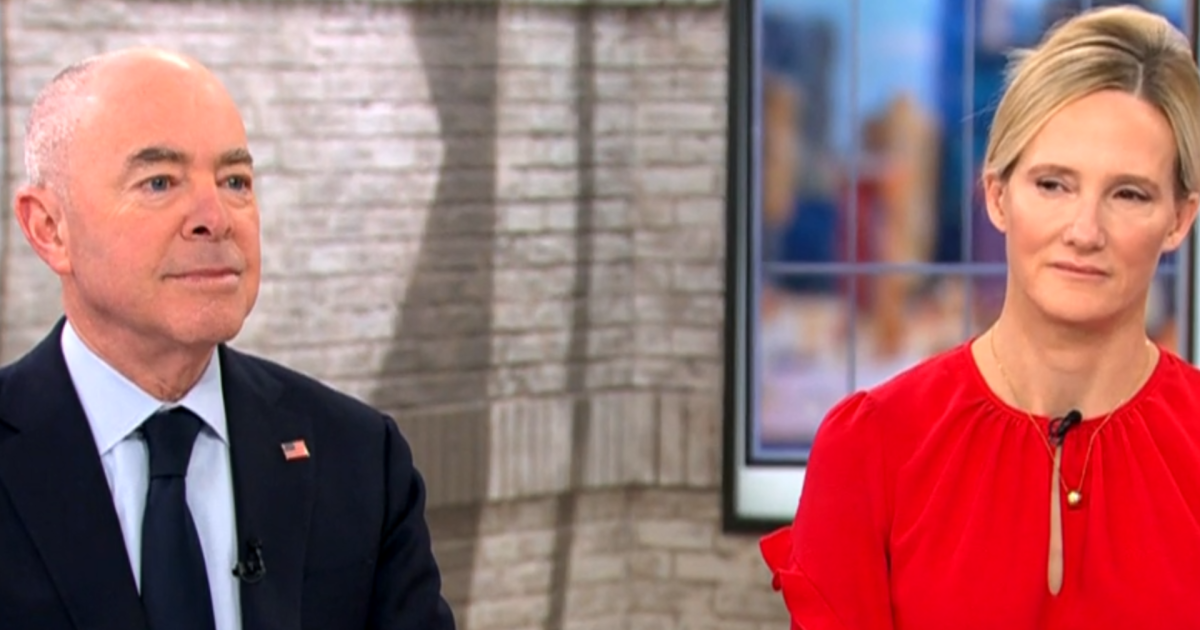The child care crisis is costing the economy $122 billion a year, new study finds – and it's not just hurting families, businesses and taxpayers are taking a hit
When parents can't find adequate child care, they might miss work, get fired or choose to leave the workforce entirely — all of which not only affects how much money families earn, but costs businesses and taxpayers. And the situation has gotten worse in recent years. According to the study from ReadyNation, the economy is losing out on an estimated $122 billion a year.
The report found that not having child care — or enough child care — costs individual parents more than $5,500 a year, or more than $78 billion in total. And businesses lose $1,640 on average for each working parent due to lost revenue and hiring costs because of insufficient child care, totaling $23 billion annually. And the government loses, too — about $21 billion in lost income and sales tax revenues a year, or $1,470 less per working parent because parents without enough child care earn less and therefore consume less in their communities.
"We did this four years ago, and it's bad. We did it now and it's worse, and absent any real policy solutions to the child care crisis, this is just going to go on and on," said Sandra Bishop, chief research officer for the bipartisan nonprofit Council for a Stronger America, which includes three organizations including ReadyNation.
The $122 billion in losses is more than double what the same study found in 2018, when the economy lost out on $57 billion a year due to the child care crisis.
"We found that the impacts were more widespread and more severe," Bishop said of the latest results. "More parents were reporting the negative impacts on their work and in some cases dramatically – I think it was twice as many people fired, more people quitting."
She also called the estimated losses a "gross underestimate" because it only looked at the challenges for parents with children under three while parents face issues with childcare well beyond that age group.
The report found 85% of primary caregivers said the challenges with child care are cutting into their work hours or productivity, including 64% saying it's made them late to work in the past three months. A majority — 58% — reported missing a full day of work; while 53% reported being distracted at work. Child care has even affected how much or if parents work: 33% have switched from full time to part time, while 26% of parents reported quitting a job due to child care problems and another 23% reported getting fired.
This comes as the United States is facing an ongoing labor shortage. At the end of last year, there were more than 11 million job openings. Quitting rates remain above pre-pandemic levels. For many businesses, finding qualified workers remains one of the greatest challenges.
For the manufacturing company Contec Inc. in Spartanburg, South Carolina, a worker shortage has been an ongoing challenge – and the company has lost workers due to child care.
"If they need to go to a different shift which would enable them to take care of their children when nobody's home, we'll certainly make those accommodations," said founder and CEO Jack McBride, of the challenges. He said they've also told people who have had to leave due to child care they will hold their positions should they find the help because they need workers so badly.
Demand for the company's cleaning and disinfectant products remained high throughout the pandemic. Having enough workers to meet that demand would mean more sales — but right now, they're paying their existing workers "a ton" of overtime instead. McBride welcomed going in with other businesses to provide child care, but the cost-benefit for onsite care doesn't make sense for his company alone.
What Contec Inc. does have in the works is the implementation of three months childcare leave for both parents starting this summer, which will help new parents bond while covering the early expenses. He's also been working in Spartanburg to educate on the importance of early childhood education.
As families struggle with childcare costs – a growing number of employers have begun to provide pre-tax dependent care spending accounts. Last year saw a 6% increase from 2021, according to the human resources association World at Work which surveyed more than 800 organizations of all sizes. However, most don't contribute directly to such accounts, so the cost to companies is fairly low. The tax savings from such accounts can be a big help, but they were capped at $5,000 in 2022, below the median cost of child care.
A growing number – 49% – offer employees child care resources and referrals, according to World at Work data. Only 10% of offered on-site or near-site child care centers – up from 7% in 2016, but down from the 12% peak in 2020 and 2021. Only 9% offer subsidies or discounts – which was virtually unchanged since 2016.
For smaller businesses, workers having child care is an even greater challenge. One survey found over half of small-business owners said their employees had to deal with child care challenges during the pandemic, and 80% of small business owners supported congressional intervention to increase access to affordable care.
Across the country, the number of child care centers and home-based care options have not returned to where they were before the pandemic. And federal money aimed at stabilizing the system at the height of the pandemic will start to expire later this year. Experts and business owners alike are concerned it will result in more workers leaving the field.
The United States spends about $2,400 per infant through 5-year-old for early education and child care, whereas countries in the European Union spend on average nearly double that at $4,700, and some countries spend three times as much.
"From a business standpoint, I look at this as a long term competitive problem," McBride said. "We don't have a culture of education that exists in some of these other countries. Long-term we're going to face a problem being competitive as a nation."



